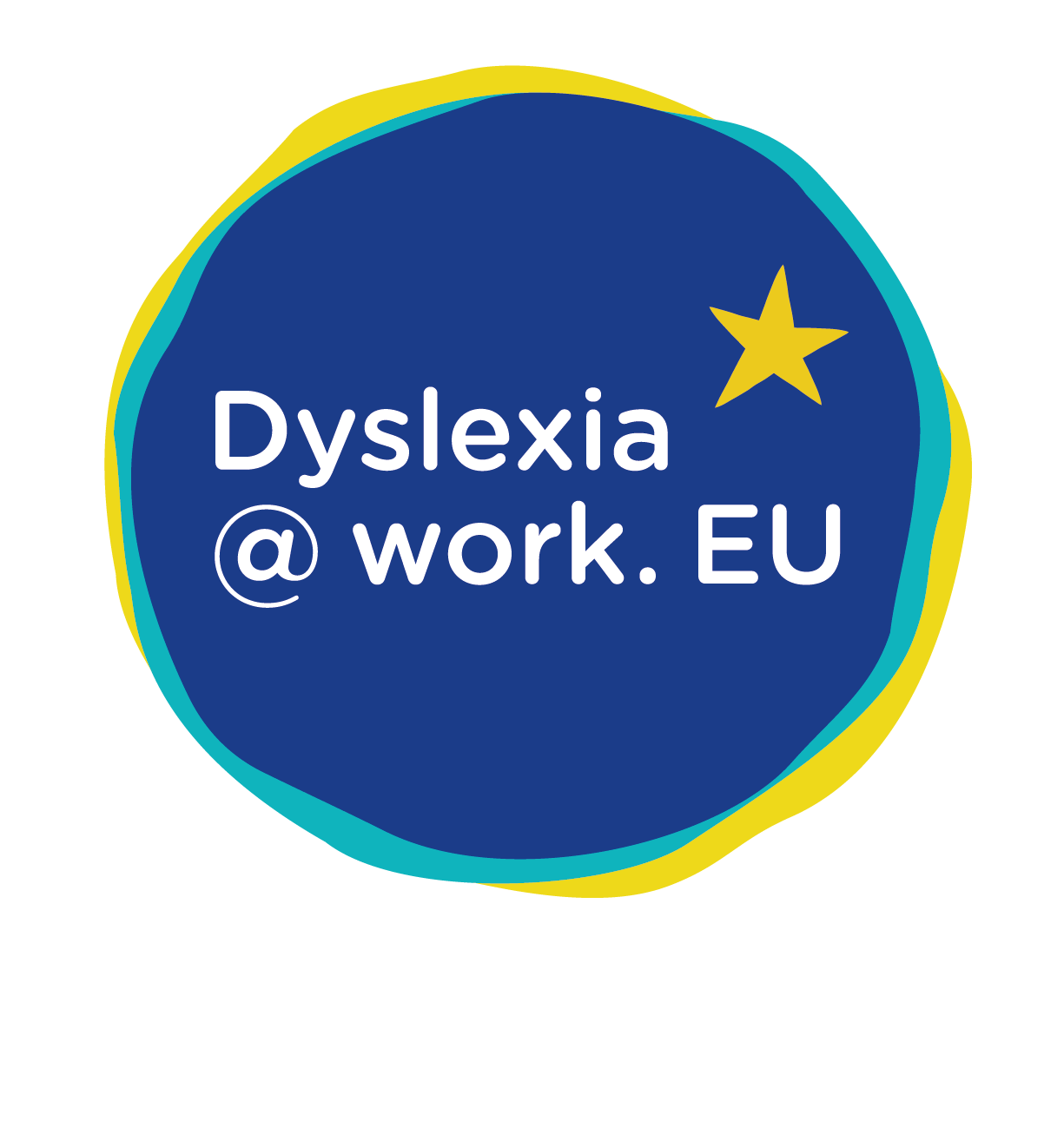Phase two of the Dyslexia@Work.EU project was an Action Research phase aiming to bring to light knowledge, skills and good practices in terms of dyslexia and SLDs by workers and professionals who work in various capacities within companies and employment agencies in the five participating countries. 106 structured interviews were conducted with sector operators in the various countries involved in the project, including employers, HR managers and recruitment consultants. This cross-national survey allowed us to identify (1) the level of knowledge and skills on dyslexia and SLDs and (2) any practices and methodologies adopted in the orientation process, selection, management and development of personnel.
The results of this study, together with what emerged in the first phase of the project, represent the starting point in defining guidelines and operational indications to implement orientation methodologies, selection, management and development of personnel that are dyslexia friendly.
The study showed some examples of good practice in the workplace and this will be further developed in the third phase of the dyslexia@work project. However, the interview data revealed a general lack of knowledge and awareness of SLD issues for those involved in job placement, both within companies and employment agencies. With the limited representation of companies and agencies in each of the five countries, the situation appeared to be less favourable in Italy and France, while a more structured and overall more inclusive approach emerged in the English-speaking countries of the study. Most companies and agencies interviewed, except for some English and Irish ones, do not provide internal training courses on this topic nor do they apply methodologies or procedures specifically for dyslexia. Although in most cases, general inclusion policies are declared, it is however up to the dyslexic worker to disclose whether they have the disorder and then to explicitly request reasonable adjustments. The fact that the United Kingdom and Ireland both exhibit a greater willingness in terms of providing support and training courses on the subject, confirms the lack of shared and systematically applied practices. The absence of legislation specifically in relation to dyslexia in the workplace, together with a lack of guidelines and operational indications, is probably the main cause for these gaps and irregularities between and within these countries.
In light of this, there is a clear need to intervene in terms of favouring a debate involving institutions to expand and clarify current regulations, as well as in defining common practices aimed at supporting job placement and professional success for those with SLDs, thus eliminating potential discrimination and furthermore, ensuring equal opportunities in the workplace.
The Phase 2 Action Research report can be downloaded below:
The third and final phase of the project involves the creation of Guidelines which will aim to provide operators (counsellors, recruiters, recruiters, operators of public institutions, etc.) with the appropriate tools to identify and enhance the real potential of dyslexic workers. We are currently working to finalise our Phase 3 outputs and look forward to sharing them later this year, and at our final Multiplier Event in Brussels in October.
